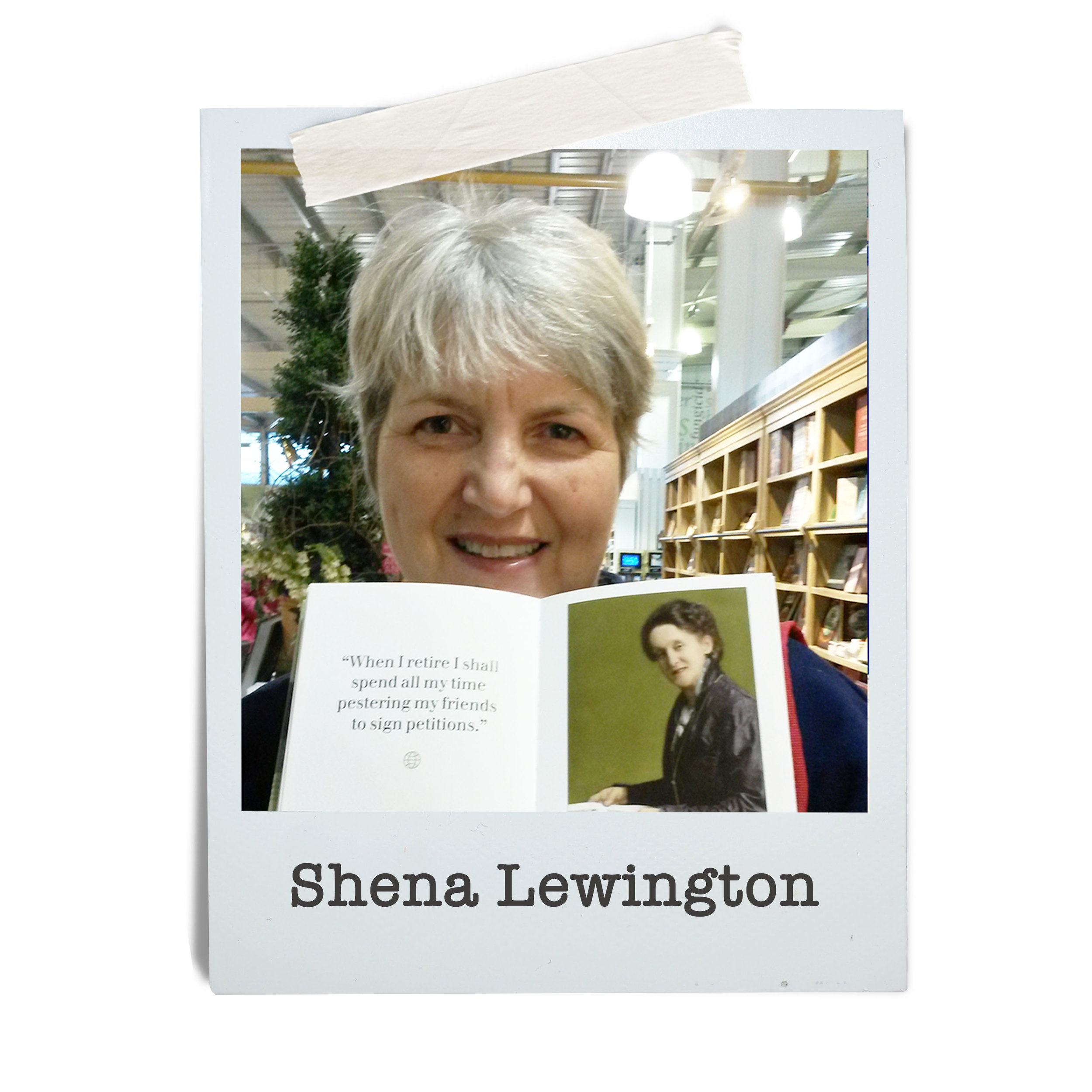By Shena Lewington who works as a funeral celebrant in north west England
“Don’t funerals make you sad?” is a question I am sometimes asked. No, not in general, but here are five things that do prey on my mind a little:.
1. Unawareness of options
It is always an honour and a privilege to conduct a funeral, and it is with feelings of pride and humility that I stand at the door of the chapel to say goodbye to mourners. It is, naturally, very gratifying to hear praise of the ceremony (“That was wonderful, so personal and meaningful, such lovely words, a beautiful experience”) but the emotion that affects me most is great sadness when I hear the words: “I didn’t know it was possible to have a funeral ceremony like this” or “I’ve never been to a service that was not religious”. I’m saddened that there is not more wide-spread knowledge of the options available to grieving families. I wonder whether people may still be accepting the first suggestion made by a funeral director, that they use a local minister, even if they have no religious convictions or familiarity with church services, simply because they are unaware that a non-faith based celebrant is available.
2. Weedy singing
There is no requirement to have hymns or any singing at a funeral, but if you are looking for a way to let everyone participate, there is no doubt that kneeling for prayers, saying together the Lord ’s Prayer, and standing for hymns offer a level of physical involvement that purely non-religious ceremonies often lack. Many families do choose to include a hymn, but sometimes this is a long-remembered one from schooldays (“All Things Bright and Beautiful”) or one that Granny used to mention fondly (“Over the Sea There Are Little Brown Children”) or a little-known choice from your loved one’s Salvation Army upbringing. The problem with these hymns is that they may be inappropriate, or unfamiliar to a secular audience, and then there is a danger that the voices joining in with the organ may be few and diffident. I feel tremendously sorry for the family when hymns are disappointingly unsupported, when a different choice could have allowed for greater participation. Better, in my view, to go for a rousing rendition of “Abide With Me” than the very lovely “Make Me a Channel of Your Peace” with that tricky five note gap between the first and second lines.
3. False dichotomies
I regret an apparent assumption by some people that the expression of grief is inappropriate at a modern secular funeral. “Celebrating” an event like a memorial service or funeral doesn’t mean pretending you’re happy about it. Of course, it is entirely up to families what kind of ceremony they choose, and whether they prefer to wear black or pink, have the curtains close or remain open, or play classical or country music. However, I feel sad when I suspect a family has rejected a traditional church service as being too gloomy, but is led to believe by the phrase “celebration of life” that the alternative must necessarily be a polarised party-style send-off, with bright colours, and a nothing-too-solemn approach. An experienced celebrant should be able to guide a family towards the creation of a ceremony that addresses their needs, and is uplifting and comforting for those present. It shouldn’t be a case of choosing either solemn and dull OR secular and jazz hands.
4. Just put me in a box
If someone chooses not to plan their own funeral or to share their preferences for lilies or roses, cremation or burial, wicker or cardboard coffin, I respect their decision. I have feelings of frustration and regret, though, when someone approaching end of life is insistent that they want no funeral ceremony, and in fact attempts to prohibit any gathering of mourners. This may be done for money-saving reasons but it can be hugely problematic for those left behind who potentially have to deal not only with grief but also guilt for not honouring the instructions of a loved one, if they feel that they really do want to participate with others in a formal goodbye.
5. Airbrushing
What is the saddest aspect of a funeral? For me, it is the selective inclusion and exclusion in the eulogy of particular family members, and the occasional airbrushing of estranged siblings, parents, or previous spouses from the story of a life. Doubtless, there are elements of a life story which do not need to be aired in public – the pilfering from the sweetshop at age six, a failure to lose weight despite many diets, your loved one’s voting choice on Brexit – but to completely erase the father of someone’s children seems a sub-optimal decision, especially if they are still in touch with him and will be there at the funeral. Saying, “We don’t ever want to mention X’s name” may serve him jolly well right – but I believe it risks causing younger members of the family to fear that they too may one day be simply airbrushed out of the records if they don’t live up to expectations.
About Shena Lewington
Shena is based in the north-west of England, and has been a funeral celebrant for ten years. In 2019, she was nominated for the National Celebrant Awards. She is fascinated by the rites of passage that mark the crossing of thresholds in life – baby-naming, coming of age, marriage and funeral customs – and regularly delivers talks on how these are celebrated in different cultures. In a previous life, Shena was a registrar of marriages, a teacher, and an education consultant. Now, she campaigns for equal survivor benefits for men and women in the Teachers’ Pension Scheme. In her spare time, she enjoys writing pastiche poetry and lyrics. You can find out more about her here or follow her on Twitter.



